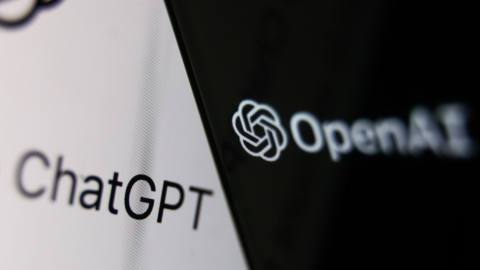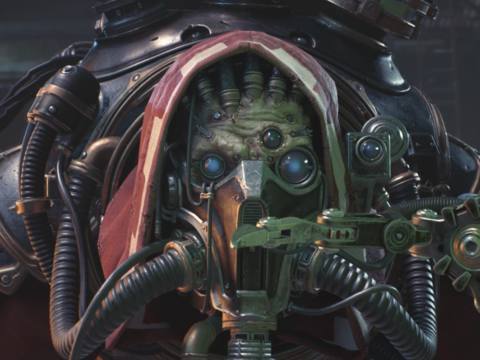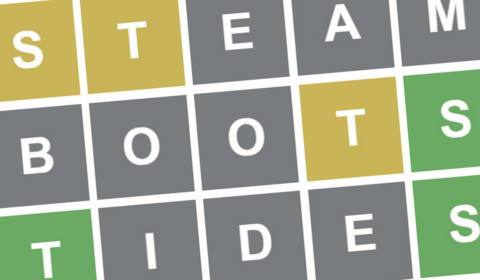OpenAI has announced a new version of ChatGPT, called GPT-4o, and it's rolling out to both paid and free users over coming months.
The new GPT-4o model promises to be better with audio, video and text recognition: “it accepts as input any combination of text, audio, and image and generates any combination of text, audio, and image outputs,” the company says.
GPT-4o is also said to be twice as fast as GPT-4 Turbo, the company's previously released premium model, and 50% cheaper to run.
Alongside the actual announcement of the new model's functionality and features, OpenAI published a short video showing the new voice assistant functionality. In it, a man talks to a voice over the phone. Except it's not a real human on the other end of the line, it's ChatGPT, and it's utilising all of those aforementioned upgrades to make conversation in real-time.
It's impressive—extremely off-putting, of course, but certainly impressive.
The improvements with voice assistant have led many online to cite the movie Her, including OpenAI CEO Sam Altman. That one starring Joaquin Phoenix as a man that falls for an operating system's voice assistant and which single handedly brought back powerful moustaches. Anyways, we're all collectively choosing to gloss over the damaging pseudo-relationship it portrayed and are focusing instead on how absolutely amazing the AI voice assistant in it is, and how similar OpenAI's seems already.
herMay 13, 2024
No, there's definitely something quite weird about the entire video: small talk with a bot, sharing intimate details about your life and surroundings, and run by a wealthy tech company. What could go wrong?
Though there are features that many find helpful in ChatGPT, and the good news is there are more on the way.
If you're learning a language (like me) you're probably very familiar with Google Translate. The tool comes in clutch for missing vocabulary or navigating awkward conversations abroad. Though ChatGPT hopes to do one better with its recently unveiled GPT-4o real-time translation tool.
In a live demonstration, two OpenAI employees, one being CTO Mira Murati, speak to one another in English and Italian. A phone running ChatGPT's latest model sits between them, and handed the brief to translate each sentence. It does so, rather swiftly, and says aloud each translated sentence—sort of like a real-life translator might.

What is artificial general intelligence?: We dive into the lingo of AI and what the terms actually mean.
Google Translate offers something similar: a way to record and translate live speech. It's offered this feature for a while, too. The difference here being that OpenAI's ChatGPT is sort of acting as an intermediary between the two persons speaking. AI chatbots have also ranked highly in translation in independent tests versus Google Translate, too, though previously only with the paid version of ChatGPT. With GPT-4o, better translation should be more widely available for all to use, though it's not coming right away.
ChatGPT will be rolled out “iteratively”, starting with text and image capabilities. After which the updated Voice Mode that has caught the public's attention will arrive for ChatGPT Plus subscribers, which means it's still locked behind a paywall for the foreseeable future.
Other uses for the new voice assistant include asking it to help with maths homework, learning languages, making dad jokes, talking to another AI, and even awkwardly singing happy birthday.





